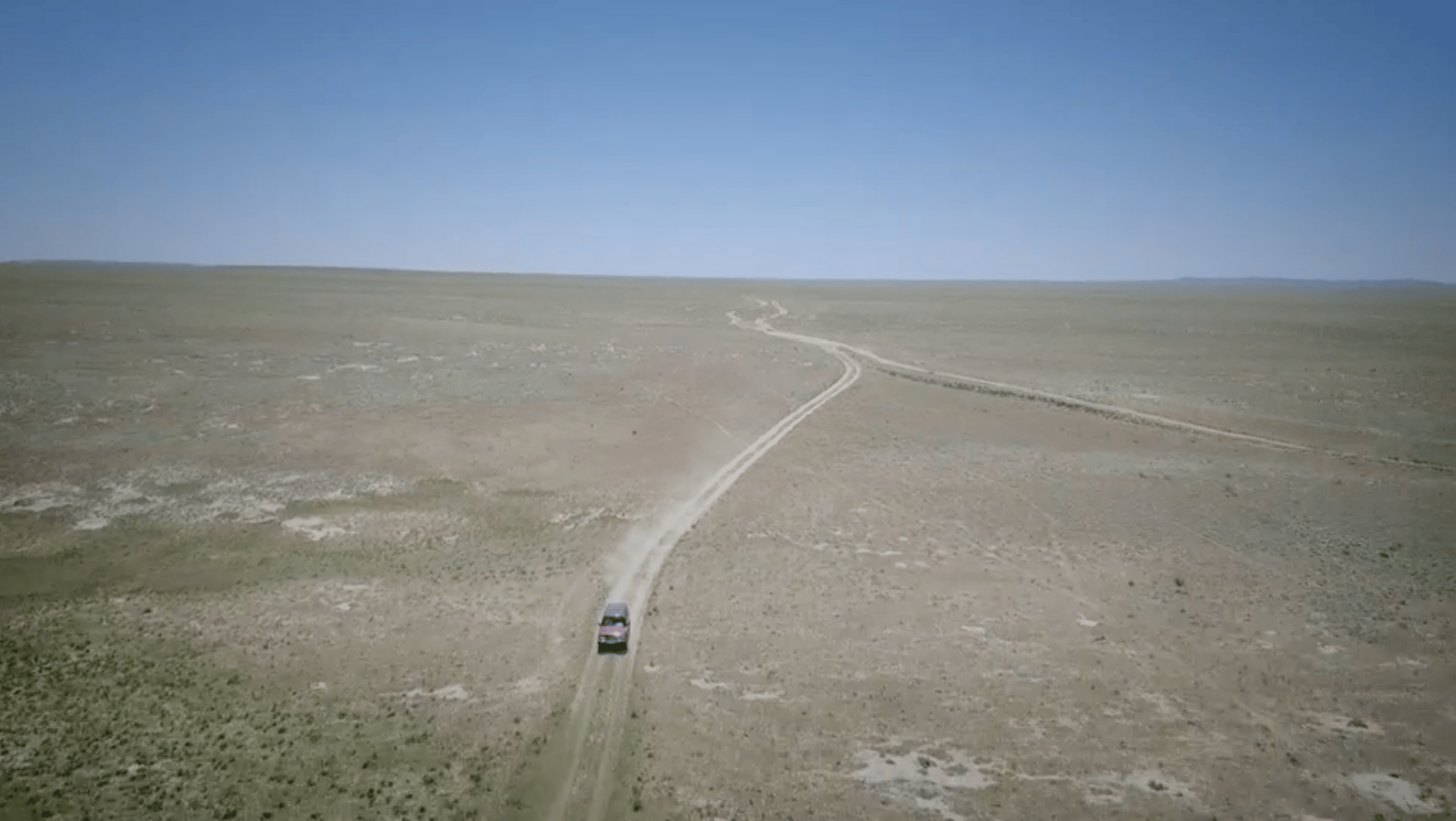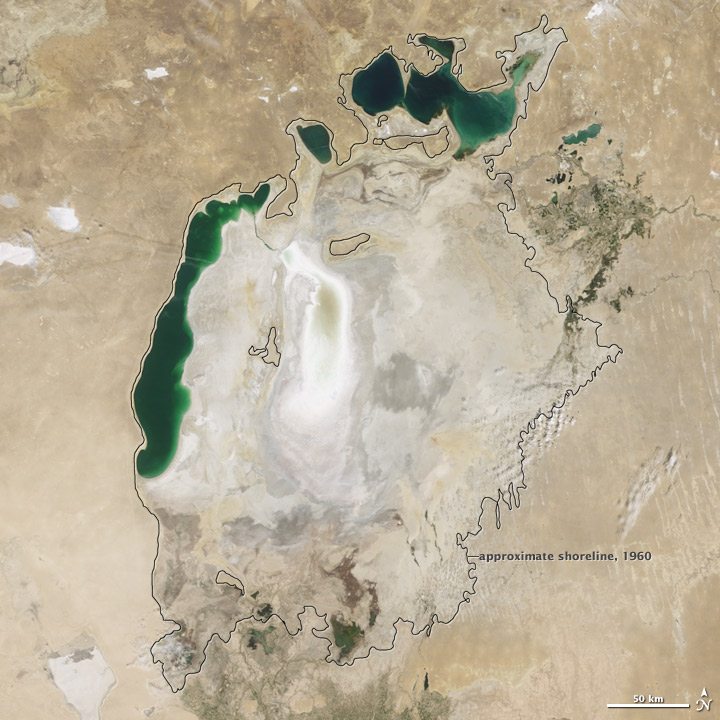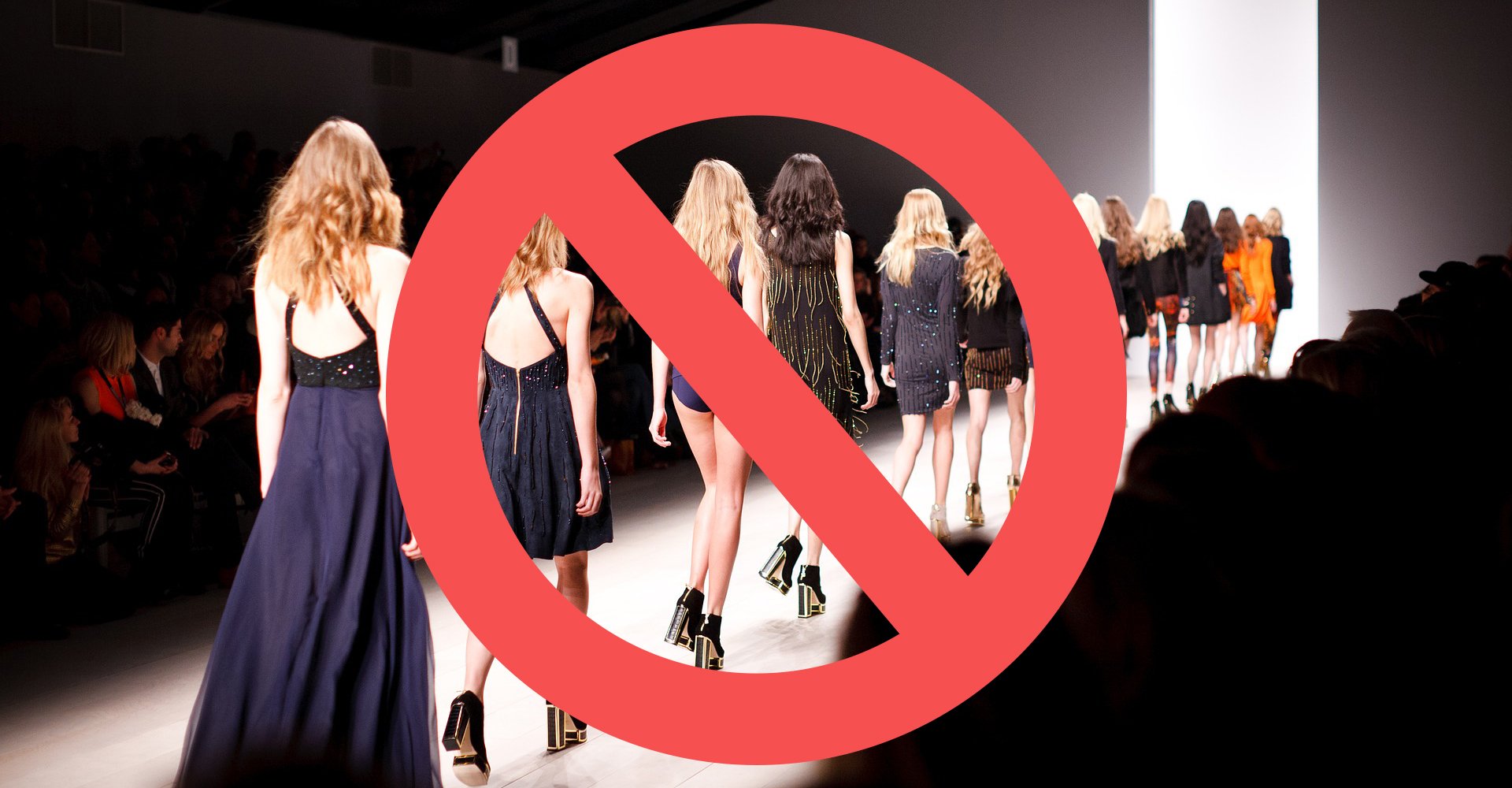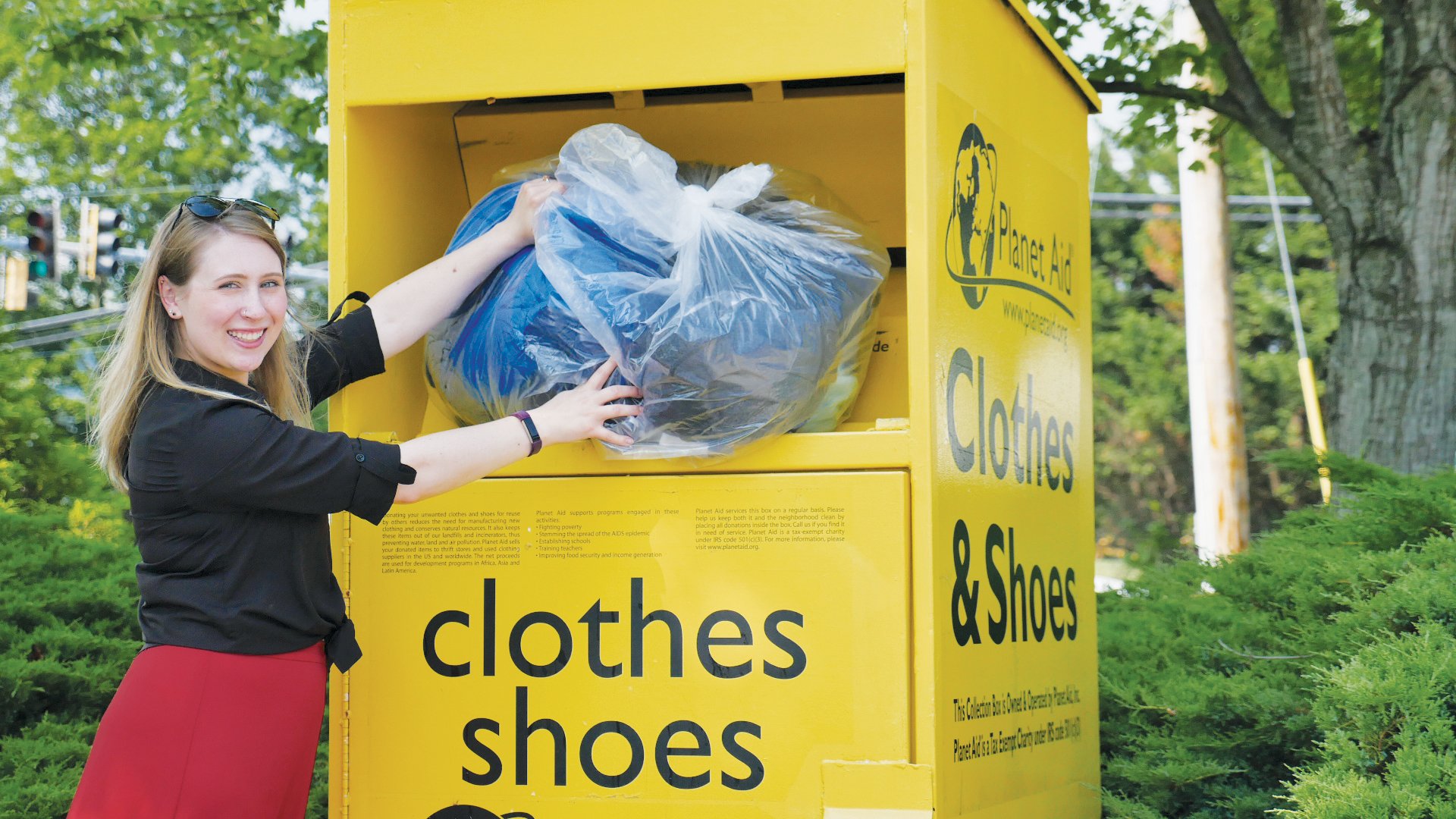
If you keep up with our Ethical Fashion Blog, you probably already know about the immense impact today's fashion industry has on the environment. It's a trending topic, and new information and reports just keep coming.
Just this month, BBC released a documentary, titled Fashion's Dirty Secrets, where Stacey Dooley investigates the impact of the fashion industry on the planet, reporting that it is among the top five most polluting industries, up there with the oil industry.

Dooley drives along what used to be the Aral seabed. She said, "I feel like this portrays perfectly what's going on here. There used to be fish; Tens of thousands of tons of fish. And now, there's a camel."
After finishing her investigation, Dooley said, "I've never associated clothes production with pollution before...It's hard to think that the clothes I'm wearing could do so much damage, but I now see how the industry is such a threat to the planet."
One of the threats to the planet that Dooley discovers is that it takes over 15,000 liters of water to grow the cotton needed to produce one pair of jeans. While few of us think about water resources as we slip on a pair of jeans, Dooley wants us to think about it and she travels to Kazakhstan to illustrate the point.
Draining the Aral Sea Dry

The Aral Sea once covered 26,300 square miles, lying between the former Soviet republics of Kazakhstan and Uzbekistan. It was the fourth largest inland sea in the world.
Starting in the 1960s, the Soviet Union determined that the Amu Darya and the Syr Darya rivers, which flow into the Aral, would be diverted to irrigate cotton farms. By 1992, the Aral Sea had dried up to less than half of its original size, and today barely exists. All of this to produce cotton, a water-intensive crop that is heavily sprayed with harmful pesticides and fertilizers.
Dooley drives across the former seabed to show viewers how cotton production impacted the area. Watch this clip to see it for yourself:
Gaining Traction
Fashion's Dirty Secrets shows us more than the draining of the Aral Sea. Dooley looks into the impact of dyeing clothing and the vast quantity of wastewater generated from that process, as well as ground and air contamination caused by other aspects of the clothing production process.
This documentary vividly illustrates the damaging impact of the fashion industry on the environment, and it comes in the wake of thought-provoking studies, investigative reports, and UN resolutions, all telling us the same thing: We have to stop buying fast fashion.

Planet Aid is committed to helping solve the textile waste and fast fashion problems, and, we're excited that more people are joining our bandwagon.
While it's becoming a hot topic in the media, as consumers, we all have the real power to effect change. As long as the status quo remains, clothing production will continue to damage the environment, soon beyond recovery. You can make an impact by shopping at local thrift centers or with companies that are committed to helping instead of harming the environment. And remember never to waste what you don't want and drop them off in a Planet Aid bin.
To learn more about fast fashion and what you can do to help protect the environment, see our Ethical vs Fast Fashion blog series.

